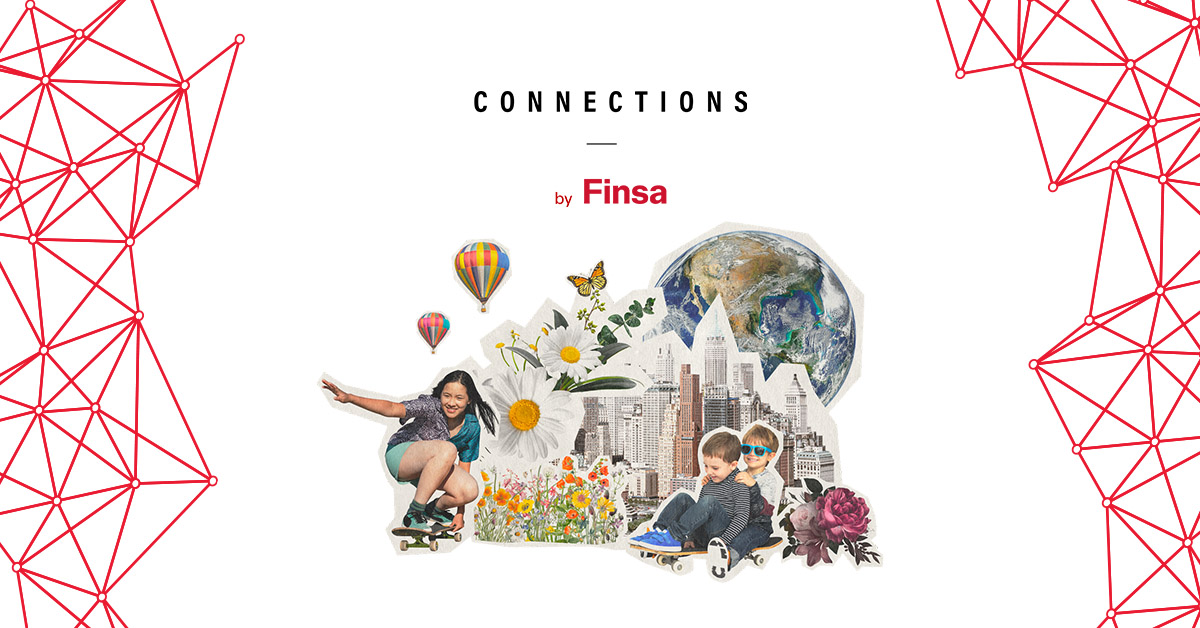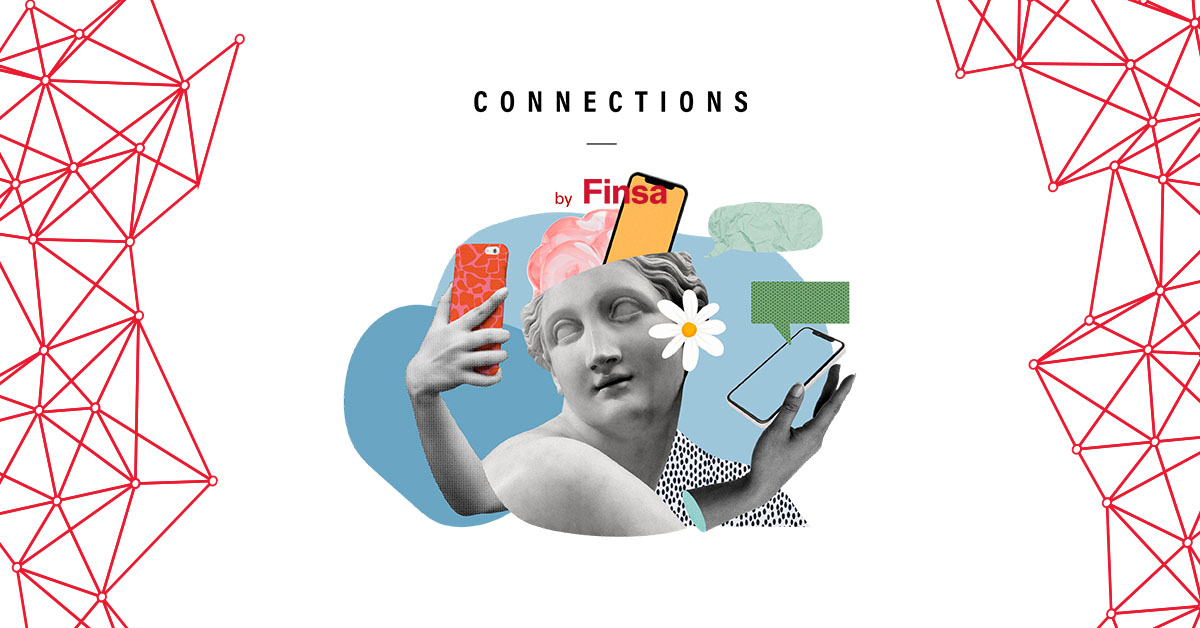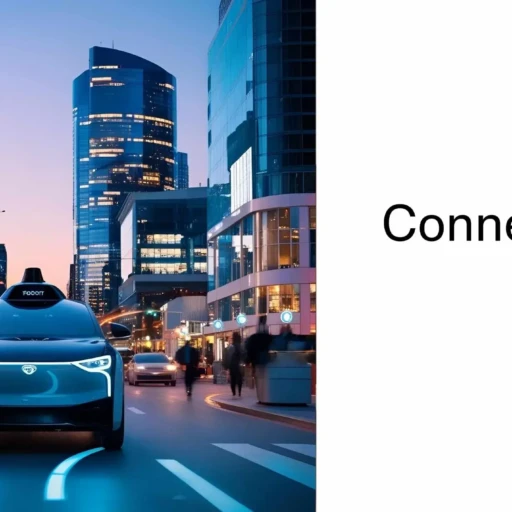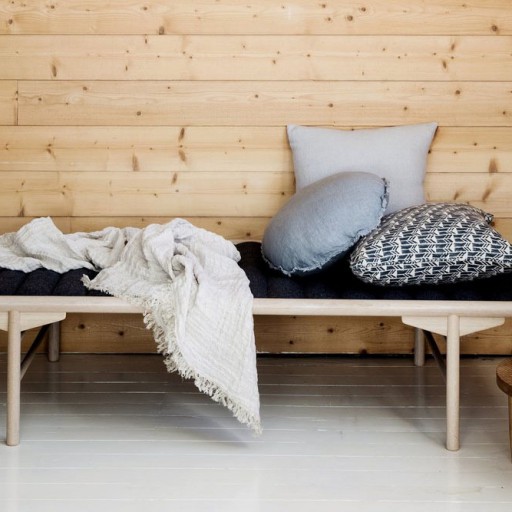Cities around the world are experimenting with new sustainable designs and technologies to address the climate crisis and its most damaging effects. We have selected 5 actions of urban innovation and adaptation to these extreme weather changes:

Micro Lungs in Amman (Jordan)
The Urban Micro Lungs (UML) initiative is a green infrastructure intervention to bring nature back to densely populated areas in the eastern part of the Jordanian capital, where native trees and plants had been replaced by buildings and paved areas.
The environmental service Tayyun Research Studio established two microforests in 2021 using the Miyawaki method, a unique planting technique that employs meticulous soil engineering to provide ideal conditions for vegetation growth. The vegetation is carefully selected based on the region’s habitat and is layered to create a self-sustaining native forest that grows up to ten times faster than conventional methods.
The project, sponsored by C40 Cities, employed a participatory approach that engaged community members of all ages to raise awareness among both the population and local authorities about the importance of green infrastructure.
Ver esta publicación en Instagram
Igniting the Greater Manchester Region (United Kingdom)
The data suggests that the increase in flood events and heatwaves in the Greater Manchester region has multiplied by ten since 1950, with approximately 250,000 properties currently at risk of surface water flooding.
The IGNITION project, funded with 4.5 million euros from the European Regional Development Fund (ERDF), provides a powerful urban planning tool needed to increase green infrastructure in the area by 10% by 2038 and help combat the effects of climate change.
These nature-based solutions reduce the flow of excess water caused by extreme weather events, increase biodiversity levels in the urban environment, and improve air quality, region visibility, and the health and well-being of citizens. In 2021, the University of Salford’s living Lab, was installed in the area, serving as a living testing laboratory to continue experimenting with new proposals.
Festivals Powered by Electric Cars
Breda (Netherlands) plugs its festivals to AirQon electric car batteries.
t is an initiative by UIA, Europe’s urban lab, to improve the air quality in Breda by replacing diesel generators used in festivals and connecting them to EV (Electric Vehicle) batteries. Festivals play a significant role in this Dutch city (hosting around 200 per year and consuming 180,000 liters of fuel), and at the same time, the energy transition is crucial for global quality of life.
The project features a digital platform to connect festival attendees and calculate the number of cars needed to “power up” an event. In 2022, half of Breda’s festivals used AirQon.
Ver esta publicación en Instagram
Houses Made of Posidonia in Formentera (Spain)
The innovative LIFE Reusing Posidonia project has enabled the construction of a set of houses on the island of Formentera, in the Balearic Islands, using local and traditional materials, some of which were unused. One of these materials, of biological origin, is the oceanic posidonia (an aquatic plant endemic to the Mediterranean) that washes up on the beaches and has been used for insulation in the buildings.
Ver esta publicación en Instagram
Ver esta publicación en Instagram
Green Neighborhood in Buenos Aires (Argentina)
Buenos Aires is creating a green neighborhood called Rodrigo Bueno, which was considered vulnerable to climate change and at risk due to its high population density, poor circulation of clean air, inadequate infrastructure, and lack of spaces to mitigate the heat island effect.
The residents actively participated in all stages of the social and cultural regeneration project’s development. Among other measures, the neighborhood was equipped with over 600 eco-friendly houses powered by solar energy (resulting in a 62% reduction in consumption and a 44% reduction in CO2 emissions).
The relocation of residents from areas at high risk of flooding was prioritized, recycling and circular economy were promoted, and urban gardens were established. One of these gardens,La Vivera Orgánica, created by 14 women, supplies locally sourced food to businesses throughout Buenos Aires. Since 2021, the Hilton Hotel the Hilton Hotel in the Argentine capital has been purchasing 100% of its organic products from there.




